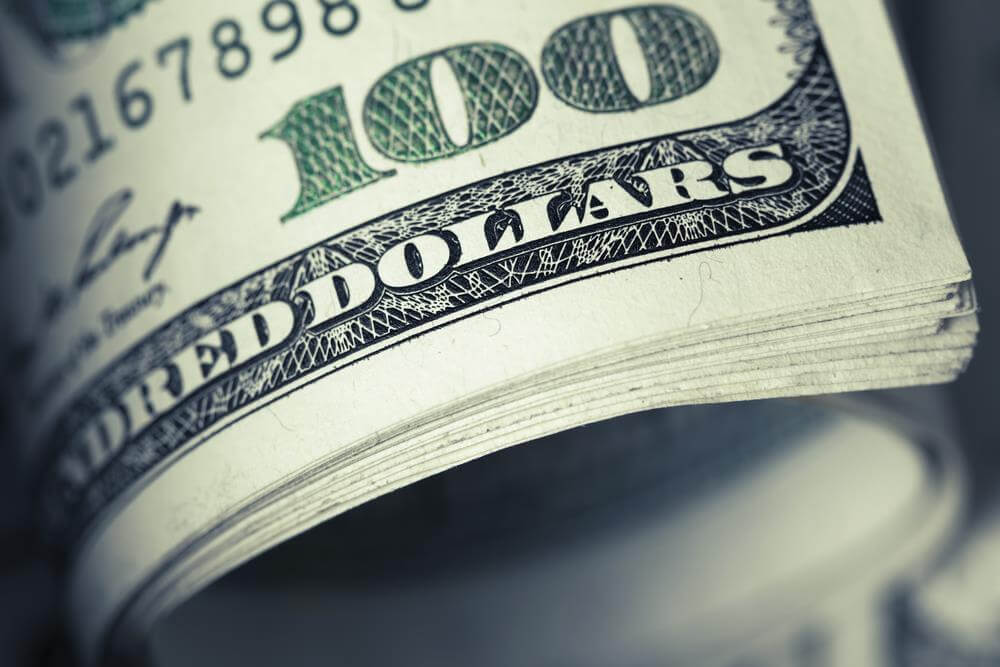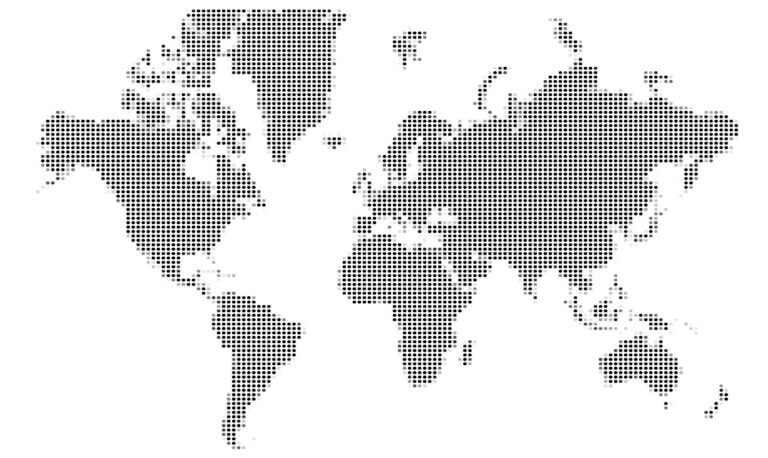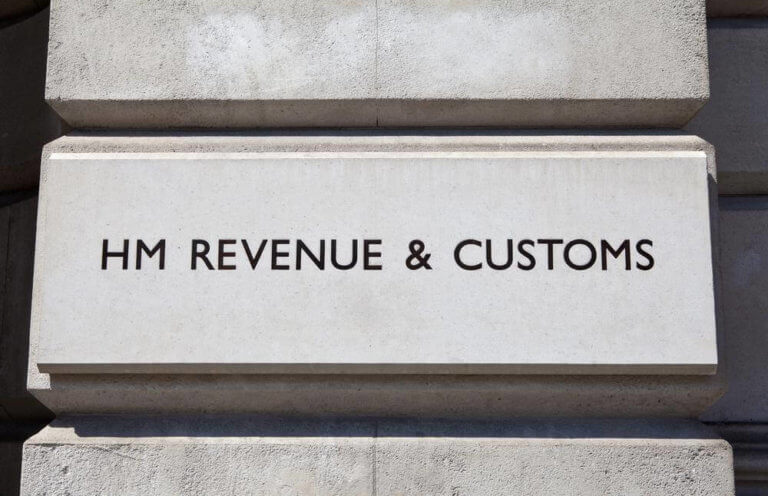Roughly one in five (18%) are saving nothing at all, plus 28% who are saving something, but not more than 5%.
America’s best savers are the middle class. More than one-third (35%) of households with annual income between $50,000 and $74,999 are saving more than 10% of their incomes, a rate that outpaces even the highest-income households.
“This proves the old adage that what counts isn’t how much you make, but how much you have left over,” said Greg McBride, CFA, Bankrate.com’s chief financial analyst.
Overall, fewer than one in four Americans (24%) are saving more than 10% of their incomes. That figure includes 14% (one in seven Americans) who are saving more than 15%.
Those in the western U.S. are out-saving their counterparts elsewhere around the country; 31% of westerners are saving more than 10% of their incomes, compared with just 20% of southerners. The picture isn’t entirely rosy out west, however, because 19% of westerners aren’t saving anything. That’s worse than all other regions.
Although Bankrate.com’s Financial Security Index dipped slightly from February’s all-time high of 104.8 to 103.7, it’s still at the second-highest level since its inception in late 2010. Readings above 100 indicate improved financial security compared to one year previous.
• Those who are feeling more secure in their jobs than one year ago outnumber those who are feeling less secure by a margin of greater than two-to-one (27% to 13%).
• Consumers’ comfort level with debt decreased slightly over the past month, but continues to remain positive relative to a year ago. 23% of respondents are feeling more comfortable with their debt and 20 % are feeling less comfortable than March 2014.
• Americans’ overall financial situation is progressing, with 29% stating that their situation has improved from one year ago and just 18% saying it has deteriorated.
• Savings remains the weakest of the Financial Security Index’s five components, but improvement is evident.
• 24% of respondents are more comfortable with their savings now compared to one year ago, while 27% are now less comfortable. That is the slimmest margin to date.
• For the first time, men are demonstrating more comfort with their savings than one year previous.
• Between 2010 and 2012, Americans who were less comfortable with their savings than 12 months earlier outnumbered those who were more comfortable by a three-to-one margin.
The survey was conducted by Princeton Survey Research Associates International (PSRAI).
PSRAI obtained telephone interviews with a nationally representative sample of 1,000 adults living in the continental United States. Interviews were conducted by landline (500) and cell phone (500, including 298 without a landline phone) in English and Spanish by Princeton Data Source from March 5-8, 2015. Statistical results are weighted to correct known demographic discrepancies. The margin of sampling error for the complete set of weighted data is plus or minus 3.6 percentage points.
























